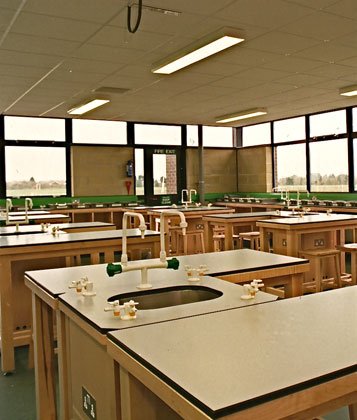Lord Agnew’s cost-cutting consultants have advised a Dorset school and many others across the country to replace experienced teachers with support staff on term-time contract; to limit lunch portions for pupils; save money on supply teachers by instead using spare staff to cover three classes at a time in the dining hall and urged one to keep 50 per cent of money raised for local charities – including a children’s hospice.
The Dorset school is Corfe School, a secondary school in Purbeck. According to Schools Week
‘Corfe Hills was told its supply budget was “extremely high” and to “adopt a new model for provision of cover with immediate effect”.
Under an “analysis/rationale” tab the adviser’s report said “adoption of alternative model (ie using existing spare staff capacity to cover three classes at a time in the dining hall) will significantly reduce the supply cover budget”. This would save nearly £50,000, the equivalent to one full-time upper pay teacher.
The school says it did not implement the suggestion.’
‘It was also recommended at Corfe Hills that “income received from charity fundraising activities to be split 50/50 between charities and school”.
The school raises about £7,000 a year for “local causes”, and the change could boost the school’s income in the future by about £5,000 a year. Under a “feedback” tab, the report added that the school “will consider how best to promote as the pupils currently choose the charity”.
Pupils last year picked a local hospice and the Make-A-Wish foundation, which aims to transform the lives of children with critical illnesses.
Phil Keen, the school’s head, told Schools Week: “We think money raised by students for charities they have identified should go to those charities in full.
“Diverting a couple of thousand pounds from this into school will not solve the genuine financial difficulty in a school that has already taken really tough decisions to cut costs.”
Last year Agnew said that advisers would “make the most of the resources available” and “are maximising investment in the classroom”.’
Overall the investigation by School Weeks reveals that the attempts to help schools find find ways to make cuts ‘were flawed because the cost of generating the saving would outweigh any benefit, and no account was taken of external inflationary cost pressures that negated the impact of potential savings.’
The government policy appears to be to undermine the learning experience in schools and to apply business models entirely inappropriate to pupil development. The ideology of the market is killing public education and must be stopped or avoided.
For a much more detailed analysis see more at Schools Week.







